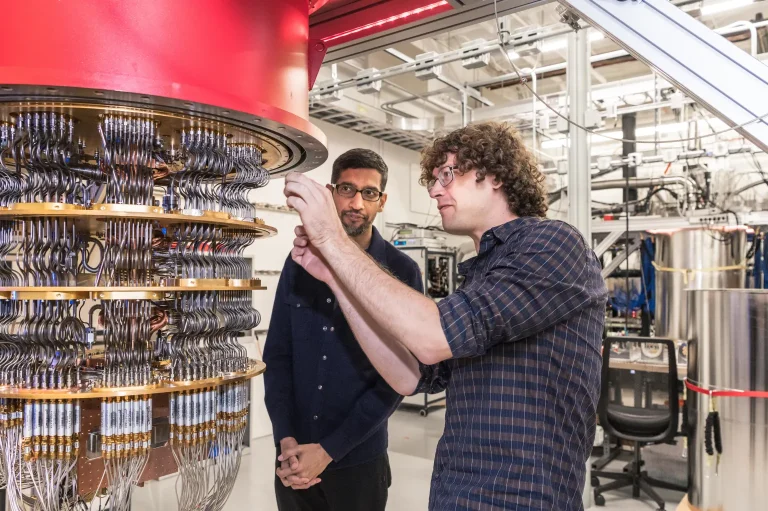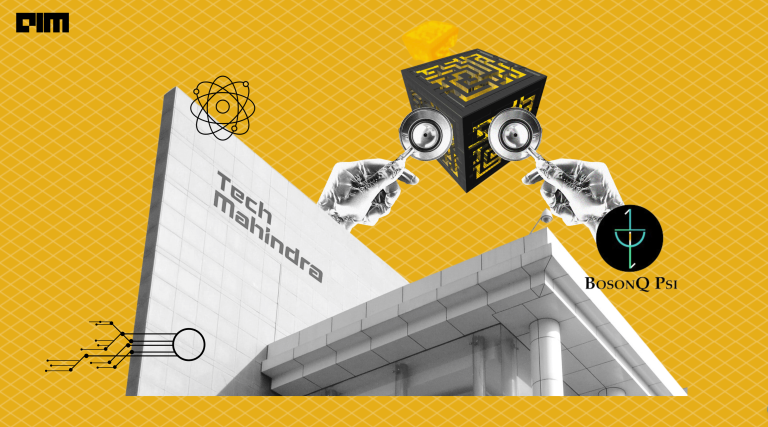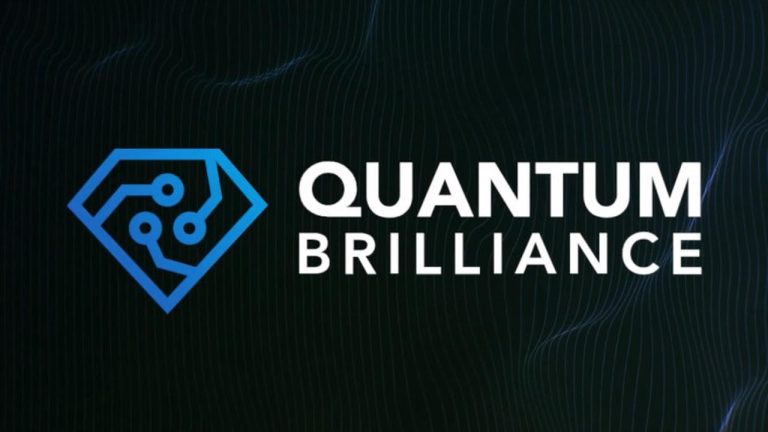Quantum computing has emerged as a hot topic among students and researchers with an interest in high-performance computing and materials science. Much has already been said about the quantum computing market which is expected to be worth $495.3 million by 2023. Besides, the growth of quantum companies such as Canada’s D-Wave Systems, 1QB Information Technologies Inc, QxBranch and QC Ware Corp, among others, to improve the operational efficiencies of the quantum computer.
And just like artificial intelligence, this has sparked another wave of race amongst top tech giants and startups to develop the first commercially viable quantum computer. Analysts peg that we are already in the midst of a quantum computing supremacy race, one that will result in groundbreaking computing power which will outpace the performance of digital supercomputers. The quantum computing technologies will have a huge impact in defence, intelligence and supremacy in the field will change the strategic balance of power.
According to 4.0 Research, advances in quantum computing and the development of fault-tolerant algorithms is now transforming this “holy grail” scientific technology into something realistic which will help surpass applications in traditional computation. With these new developments, it will be interesting to see who will build the next ground-breaking quantum computer and benefit from it.
The market for quantum computing is highly competitive but companies are investing in internal R&D, acquihiring and strategic mergers and acquisitions. The interest in the field is also coupled with a lack of talent in the quantum computing industry. While on one hand, there has been considerable growth in research and development in the field of quantum information science over the coming decade, this field — an amalgamation of science and engineering is also facing an acute talent shortage, thanks in part due to the requirement of highly skilled talent. For example, Microsoft researcher Matthias Troyer famously advertised that the Redmond giant is looking for quantum computing talent such as mathematicians, physicists, chemists, and engineers, but mostly people who have an open mind and who can solve problems.
How To Bridge The Quantum Computing Talent Gap In India
In an earlier article, we had discussed how India is poised to tap into the next big advances in computing technology with the Department of Science and Technology (DST) planning to fund a project to develop quantum computers. The Physics departments at the Indian Institute of Science, Bengaluru and the Harish Chandra Research Institute, Allahabad, have also forayed into theoretical aspects of quantum computing. A DST official had said at the time, “The time has come to build one [quantum computer].” However, Indian experts deem that the true quantum computers are still years away, and existing systems use principles of quantum computing to solve very limited problems.
Quantum Computing Workforce Gap in India
Lack Of Resources At The Undergraduate And Graduate Level: From an Indian standpoint, a key barrier is the lack of resources in quantum computing to allow undergraduate and graduate students to foray into the field. In the West, quantum computing is largely taught at the graduate level and students are required to have a knowledge of higher mathematics and quantum physics. Students who have a background in Physics and computer science can make a foray in quantum computing but there are only a few institutes in India teaching quantum computing and the foremost is Raman Research Institute, HRI Allahabad and IISc which has a centre for research in quantum computing.
Increase University-Level Adoption: If India wants to build a quantum-ready workforce, beef up manpower in R&D and compete at a global stage with players like China, US and Canada, it will have to develop quantum science and engineering as its own discipline, at the graduate level. This will have to be coupled with new faculty and deepening engagement with industry players. This would also require an increased investment in setting up QC research centres in public-private partnerships to speed-up quantum research and development. Also, the Government will have to play a proactive role in generating awareness about quantum science at secondary school level.
Build Technical Infrastructure To Advance Quantum Technologies: For India to capitalise on quantum computing, the government and stakeholders will need to identify the infrastructure needed along with training and engagement to advance quantum tech development in India. Besides, evaluating the quantum landscape from a technical and policy perspective, India will have to maintain the technical infrastructure by setting up innovation labs to develop and test quantum technologies.
QuST To Advance QT In India: As reported, the Indian government set up the initiative – Quantum Information Science and Technology (QuST) to promote the future computation and communication systems which will ultimately have a huge impact on India. As part of the objectives, QuST will push the development of advanced mathematical quantum techniques, algorithms and theory of quantum information systems. The government invited proposals from noted academicians, scientists, technologists and other practising researchers around quantum information technologies. A recent international conference at Rama Research Institute saw the start of a project dubbed — Quantum Experiments Using Satellite Technology (QUEST) in collaboration with ISRO, called for greater thrust in experimental research and broadening the pool of quantum researchers in India.



















































































